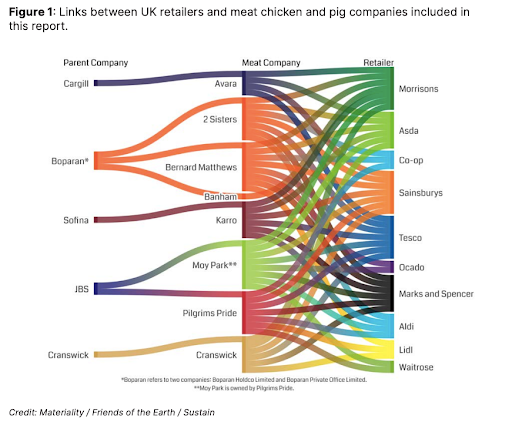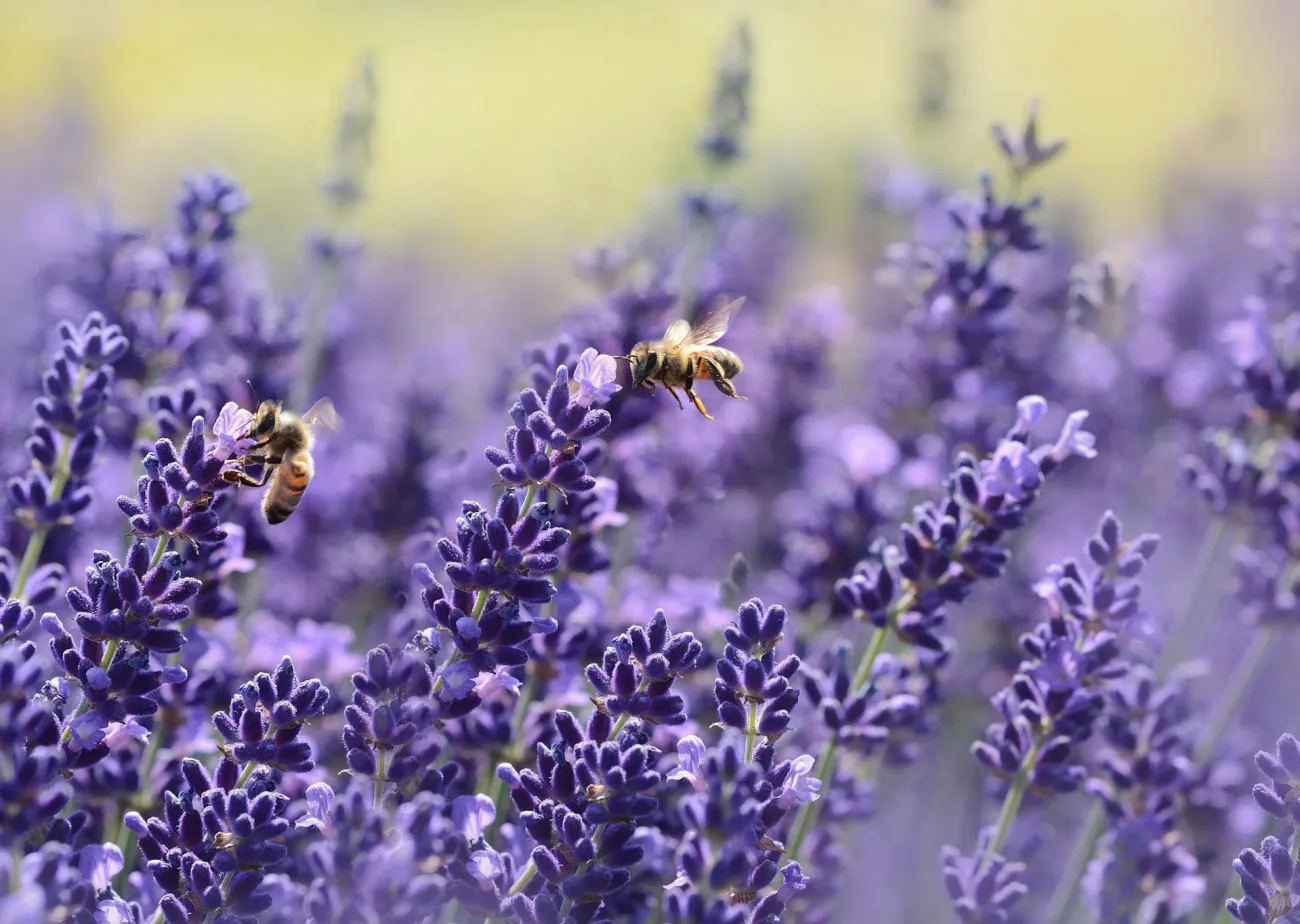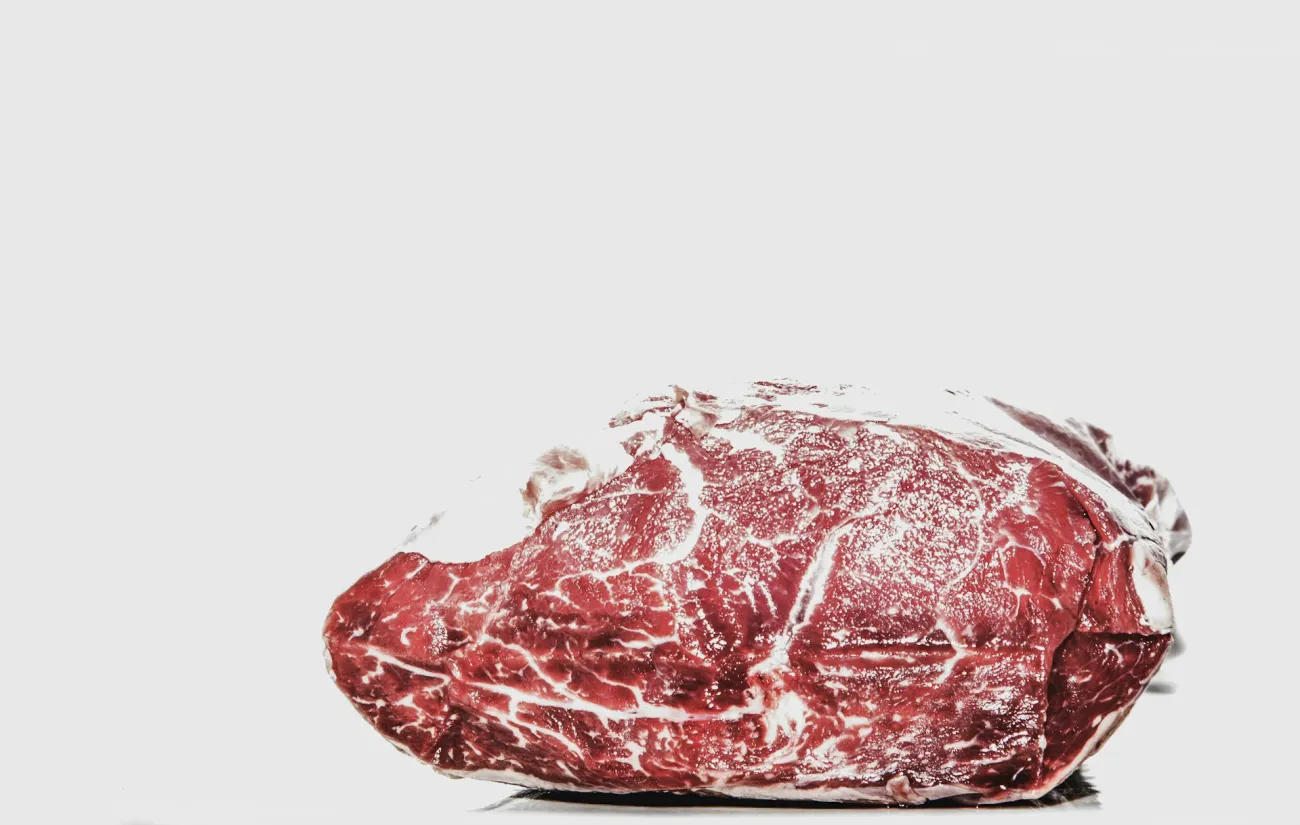This report by NGOs Sustain and Friends of the Earth calculates the quantities of manure that 10 UK livestock corporations produce – estimated at more than the 10 of the UK’s cities combined and how this directly contributes to the ecological decline of rivers. The report argues intensive agriculture is the main source of river pollution in the UK, not water companies, but reveals that only half of the ten agribusinesses mentioned have publicly available strategies to prevent pollution, and most lack detail and targets.

Summary
The report quantifies the amount of manure produced by ten UK livestock companies and estimates these corporations are responsible for the majority of river pollution caused by intensive agriculture. The authors state agriculture is the main source of river pollution in the UK, even more than water companies that have faced sharp criticism for releasing sewage into rivers. The report highlights areas where this pollution has led to the ecological collapse of rivers such as the Wye in Wales and Lough Neagh in Northern Ireland.
It publicly names these 10 corporations, from Avara to Arla, and finds that collectively, these 10 companies own over 144 million animals and are responsible for up to 55,262 tonnes of animal excreta per day. To calculate the amount of manure, the report uses publicly available data from companies on slaughter figures and data from the government on average excrement for different animals.
The authors find that half of the companies have no publicly available strategy or policies to manage their pollution and those that do lack detail, timelines and targets to reduce pollution.
The report documents the areas in which the livestock companies operate and their primary and secondary impact zones. It also shows that the 10 companies are linked to global agribusinesses, such as Avara which is owned by Cargill and that JBS is the holding company of Moy Park and Pilgrims Pride.

Figure 1: Infographic showing the links between global agribusiness, domestic subsidiaries and supermarket chains.
The report offers the following recommendations for national government, local authorities and businesses:
Government:
- Stop the development of new intensive livestock units or the expansion of current intensive livestock units in river catchments where nutrient loads are exceeded, or rivers are in unfavourable condition.
- Give regulators powers to sanction polluting agribusinesses (not just sewage companies) including banning of bonus payments.
- Restore funding of environmental regulatory and delivery bodies so that they have the resources and skills to enforce standards for river testing and for the enforcement of regulation.
- Create equitable and just incentives for operators of intensive livestock units to transition to more sustainable systems.
Local authorities:
- Join Planning for the Planet and adopt local planning policy to prevent the further spread of intensive livestock units in your area.
Businesses:
- Adopt measurable and time bound targets to prevent excreta from polluting rivers, and not spreading waste in catchments in which rivers are in unfavourable condition.
- Provide contracted farmers with financial support to store and dispose of manure produced by livestock in your supply chains in a manner that does not increase the nutrient pollution of freshwater systems.
Reference
Sustain, 2024. Stink or Swim: The ten factory farm corporations producing more toxic excrement than the UK’s tens largest cities. Sustain.
Read the report here and see our explainer What is feed-food competition?




Comments (0)